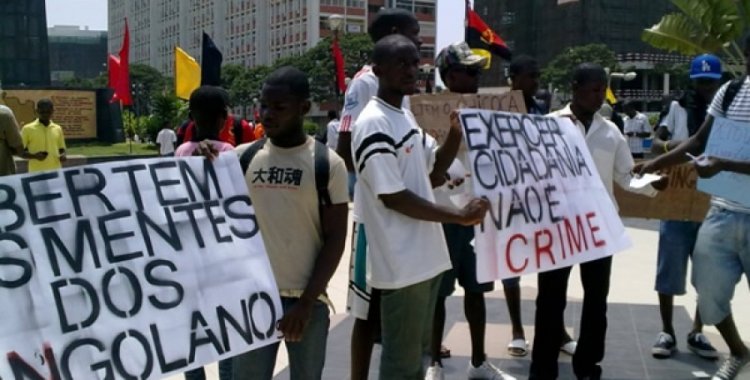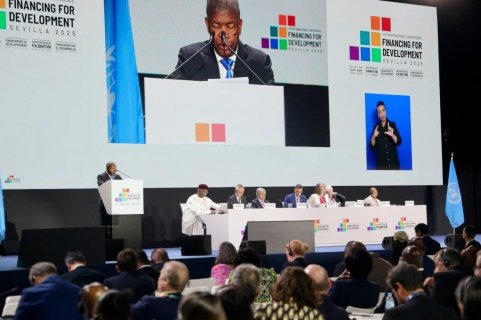In its World Report 2020, which contains the assessment of human rights around the world, the organisation notes Angola's progress in 2019 with regard to freedom of expression and assembly, with the government, headed by João Lourenço, allowing several marches and protests throughout the country.
However, the report gives a negative note to the repression of peaceful demonstrators and activists in Cabinda and Lunda Norte.
According to Human Rights Watch (HRW) between January 28 and February 1, police arrested 63 independence supporters who were preparing a protest to mark the anniversary of the signing of the 1885 treaty that granted Cabinda protectorate status from Portugal.
Many of the activists belonged to the Independence Movement of Cabinda, a peaceful separatist group that wants independence or autonomy for the region.
In March, HRW denounced, the police arrested ten more independents who concentrated in a square in Cabinda demanding the release of their colleagues.
The organisation also found violation of the rights of the inhabitants and miners of Lunda Norte. In April, police fired real bullets during a protest that followed the death of a miner, allegedly by a private security company, causing the death of a boy and injuries to three more people.
In February, the police killed a local leader during a protest against the granting of land to a diamond company.
In March, the country's main human rights organisation, the Justice, Peace and Democracy Association, and community leaders accused the authorities of arbitrarily restricting the movement of people in areas near the diamond fields, forcing villagers to abandon their agricultural land.
HRW, on the other hand, highlights some advances in the respect for human rights, even if intimidation and arbitrary arrests of activists by the police persist.
Cases were reported in Luena (23 people arrested in September), Benguela (seven in July) and Luanda (use of tear gas and dogs during a demonstration in August and arrest of activist Hitler "Samussuku" Tshikonde for insulting the President in May).
The report also emphasises the passing of a new law limiting the exercise of religious freedom, requiring churches to have at least 100,000 members to be officially recognised, leading to the closure of thousands of places of worship.
HRW points to the closure of 39 mosques in Lunda Norte, noting that Islam is not an authorised religion in Angola and that mosques cannot function in most of the country.
Also of concern to HRW is the violation of rights related to housing and landmine accidents.
One of the positive aspects raised by the HRW report was the discrimination against homosexuality in January, following the adoption of a new penal code. The government also prohibited discrimination on the basis of sexual orientation.







